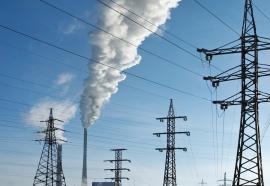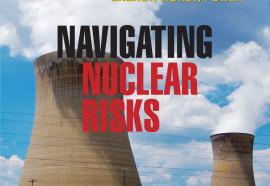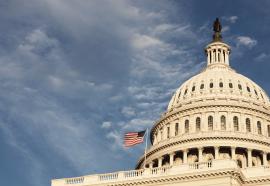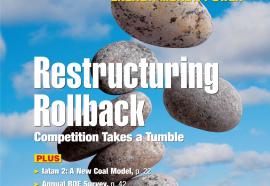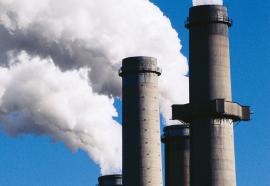Inclining for the Climate
GHG reduction via residential electricity ratemaking.
Energy efficiency holds the key to meeting lofty greenhouse-gas (GHG) reduction goals. Rate design can help—specifically residential inclining block rates should be considered as part of the industry’s efforts to comply with forthcoming GHG targets.




